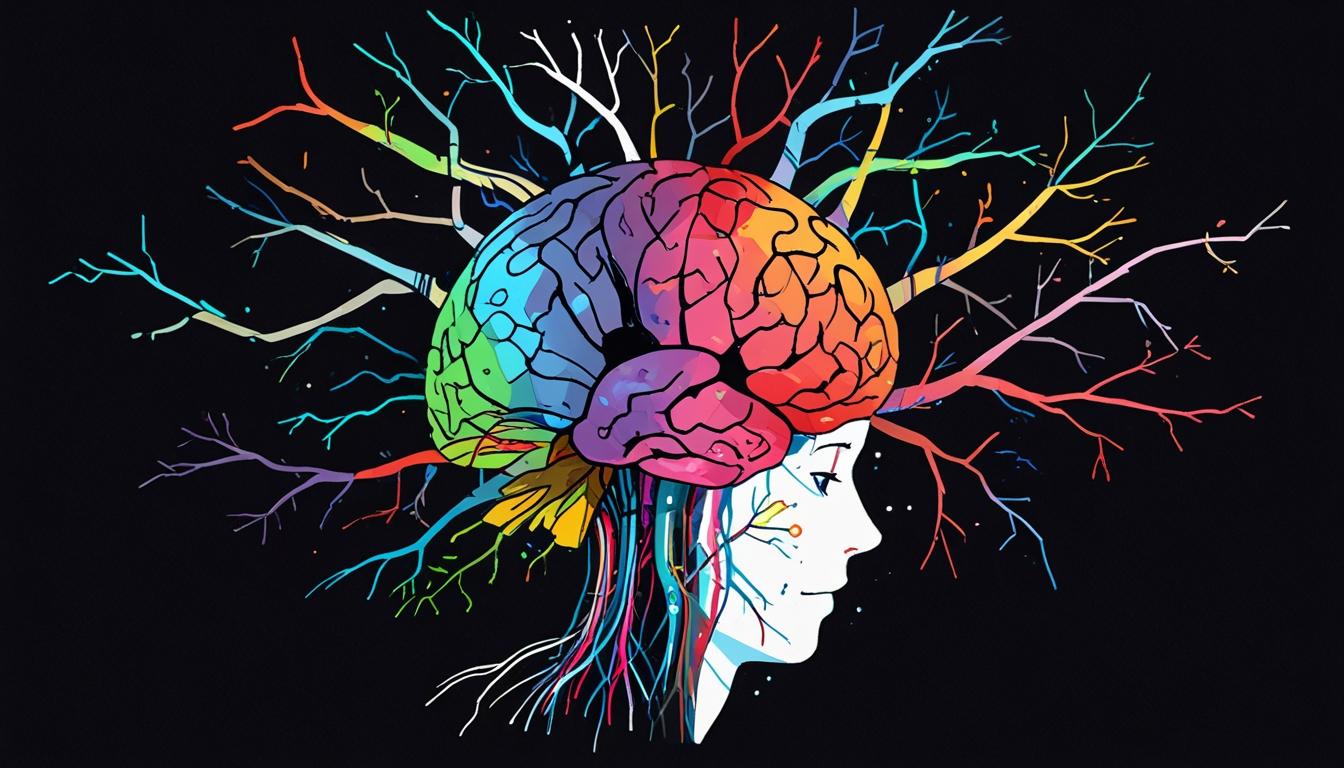As artificial intelligence (AI) continues to integrate into various aspects of daily life, concerns are emerging about its potential impact on human cognitive abilities. A recent analysis by The Guardian, reported by Futurism.com, delves into studies suggesting that reliance on AI tools may be linked to cognitive decline, especially in critical thinking skills.
Research highlighted in the analysis includes an article published in the journal Frontiers in Psychology, which intriguingly disclosed that it underwent corrections through ChatGPT itself. This study suggests that regular use of AI might contribute to the atrophy of human cognitive capacities, including memory and intellectual function. Another significant study, conducted by Michael Gerlich of the Swiss Business School and published in the journal Societies, examines the "cognitive costs of AI tool reliance." Gerlich points out a notable correlation between frequent AI usage and reductions in critical thinking abilities.
Gerlich illustrated his concerns with examples from the healthcare sector, where the adoption of automated systems has improved efficiency but potentially at the expense of professionals dedicated to independent critical analysis. This shift raises questions about how AI might be displacing human decision-making roles that require deep cognitive engagement.
The underlying premise is supported by a broader scientific understanding that brain power operates on a "use it or lose it" principle. As people increasingly delegate complex tasks such as composing emails, conducting research, or solving problems to AI, their own mental faculties may weaken. Furthermore, there is a growing tendency to view AI as a "magic box" capable of handling all intellectual challenges, an attitude which experts warn could be detrimental. This perception is often fuelled by industry marketing that emphasizes concepts like "deep learning," "reasoning," and "artificial general intelligence."
A recent study compounds these concerns by revealing that around 25% of Generation Z individuals believe AI is already conscious, drawn in by the sophisticated and rapid responses that AI chatbots generate. Experts, including Gerlich, caution against such beliefs, underscoring the importance of maintaining disciplined critical thinking rather than relinquishing it to machines. Gerlich remarks, "To be critical of AI is difficult — you have to be disciplined. It is very challenging not to offload your critical thinking to these machines."
The Guardian's analysis further advises a cautious approach to attributing declining intelligence solely to AI. It notes that decreases in basic intelligence metrics have been observed in Western countries since the 1980s, a period that also saw neoliberal policies resulting in reduced public school funding, diminished teacher authority, and cuts to childhood nutrition programmes, particularly in the United States and United Kingdom.
Nevertheless, first-hand reports from educators indicate that AI-assisted cheating is approaching crisis proportions, suggesting that while AI may not have initiated the broader trends, it is accelerating them to alarming levels.
These findings paint a complex picture of AI's role in human cognition, highlighting both its transformative capabilities and the potential unintended consequences on mental faculties.
Source: Noah Wire Services
